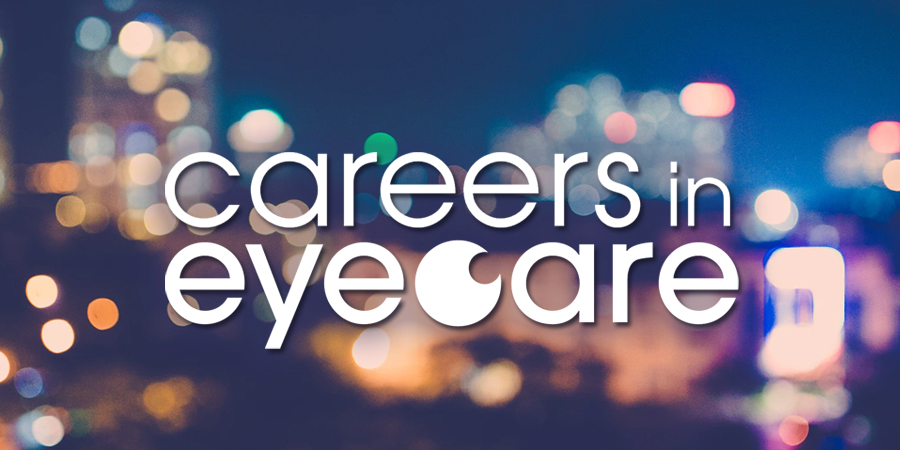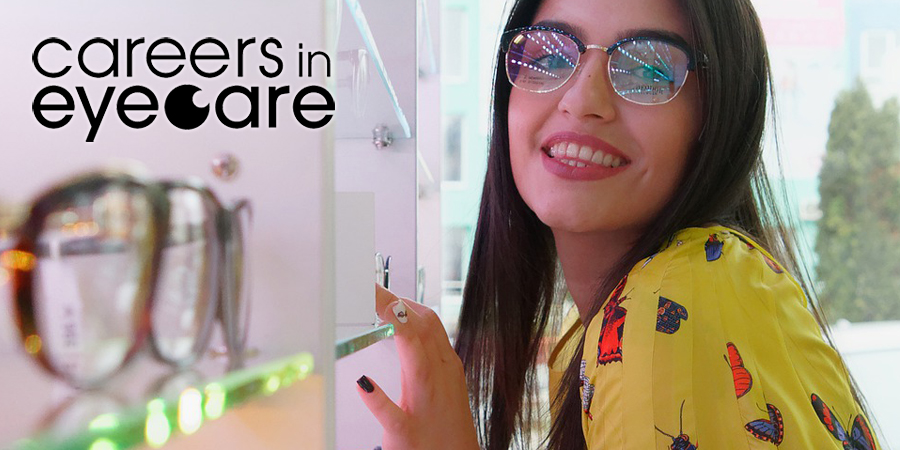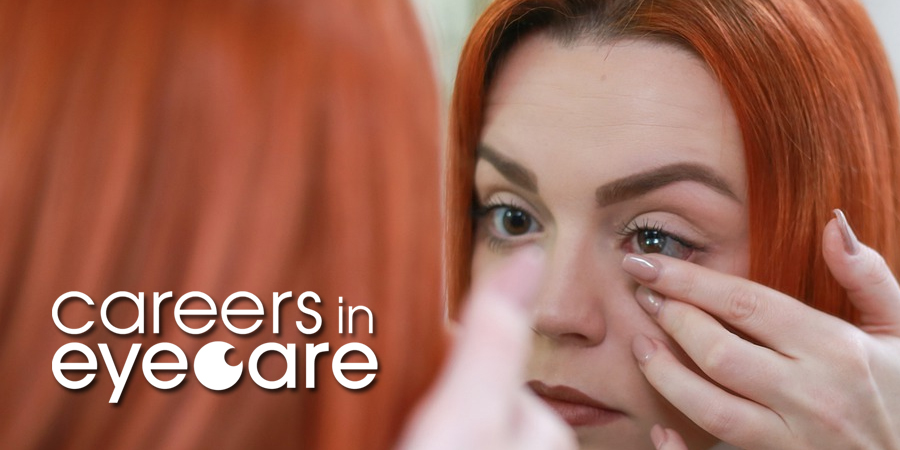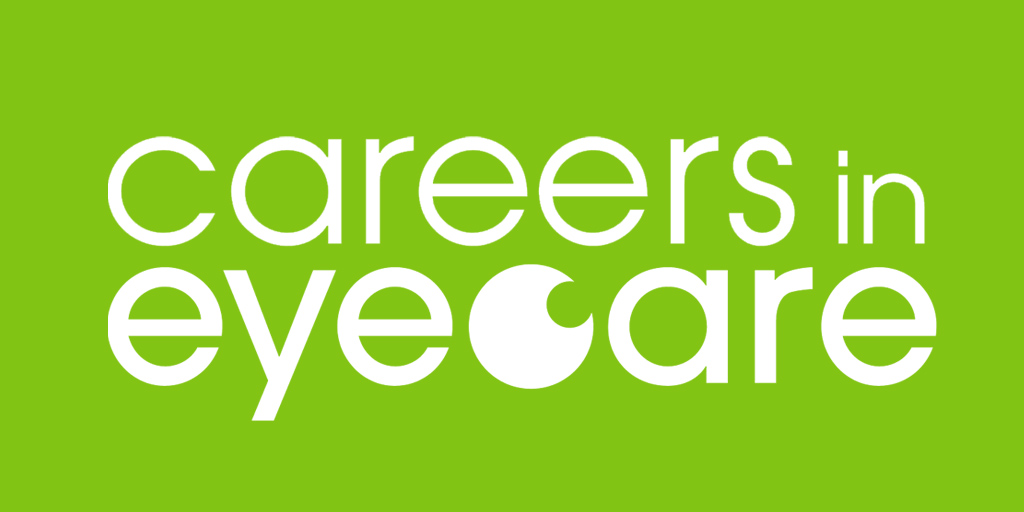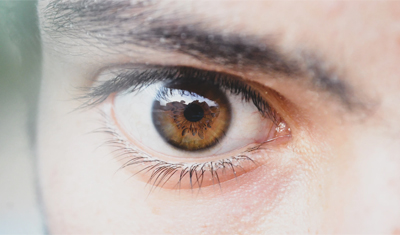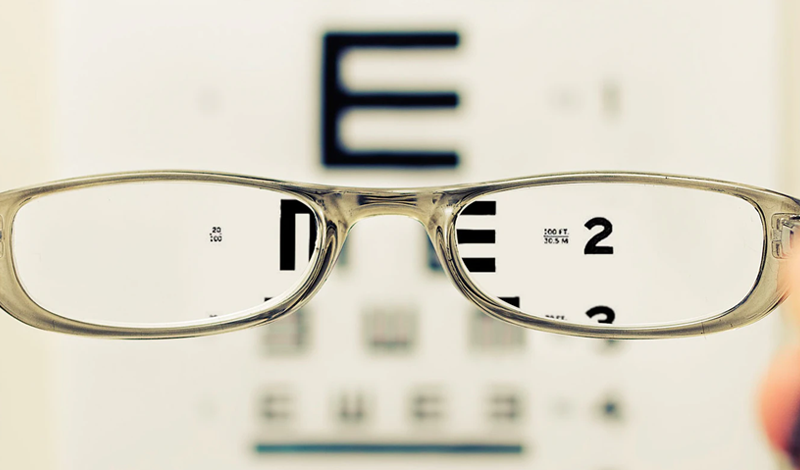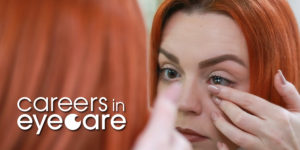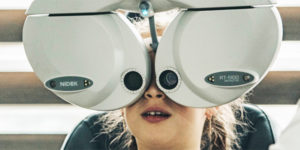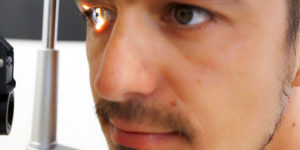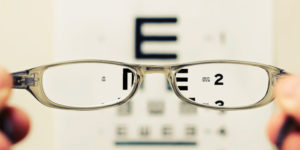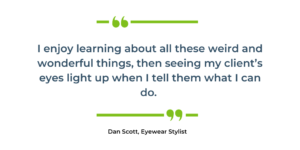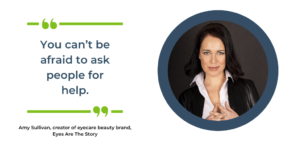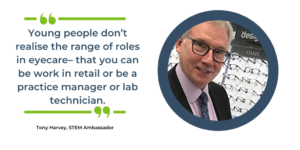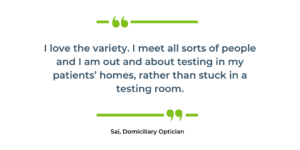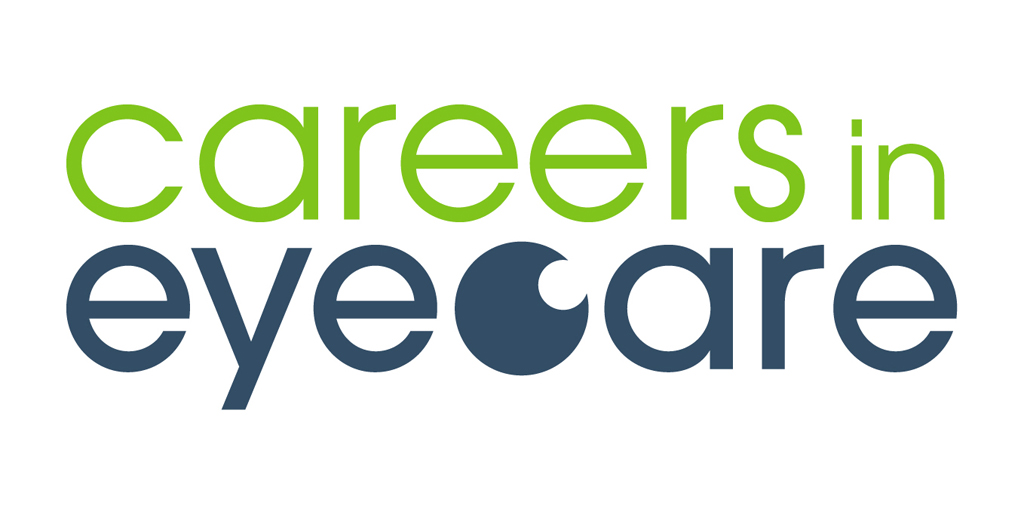Careers in Eyecare Science & Health careers Retail careers
How to become an Optical Assistant: Career Guide
Careers in Eyecare Science & Health careersSee how to become an Optical Assistant with our career guide. You don’t need a degree and you can do Optical Retail Apprenticeships to get started.
Did you know?
Being an optical assistant gives you greater responsibility than the usual retail job. If you’ve got a flair for fashion, an interest in science and technology, an eye for what suits people or a desire to help in healthcare, this job could be a good look for you!
Eyecare is an important way to care for your health. As an optical assistant you’ll give customers a warm welcome and help them choose the right products for both eye care and eyewear.
You’ll help people feel confident about their sense of style and you may be taking part in the vision healthcare side of things too, like completing eye health screenings.
It’s all leading to a bright future in eyecare and retail.
What entry qualifications and training do you need?
School, college and training
You may be expected to have a standard level of general education, with passing grades 9-3/A*-D in GCSEs. These will help you follow verbal and written instructions, and help with understanding the different pricing of glasses and other eyewear.
However, employers may feel that customer service experience and being willing to learn are more important than exam grades. So if you’re looking for retail jobs after leaving school, things are looking up!
Apprenticeships
You can get into this job through completing a retail optical apprenticeship, and these are available nationwide with many of the big high street optician brands out there.
Optical apprenticeships can take around a year to complete, offering a paid salary and structured training. You combine working with online study. This results in an industry recognised qualification, such as a Level 2 retail optical assistant.
You may find that your academic qualifications don’t matter as much as a willingness to learn and give good customer service – some optical retail apprenticeships don’t specify qualification requirements.
Find out more about how to succeed in an optical apprenticeship
Work experience
It can help your application if you have previously done work experience in a customer service environment, because this is a retail position.
Any work experience which shows your communication skills and customer service skills is useful, like working in a restaurant or shop serving customers, or taking calls in a call centre.
If you have some sales experience, that can help you stand out to employers. It shows you can connect with people and help them choose products and services to buy in a way that is persuasive but not off-putting!
Examples of relevant work experience include:
- Work shadowing (even if it’s just for a day)
- Work placements in a company
- Work placements on a college or university course
- Part-time, full-time or summer jobs
Volunteering and extra-curricular activities
Employers may be impressed to see volunteering on your CV, and any volunteering experience related to healthcare is especially useful. Maybe you have volunteered to help vulnerable people like the homeless or elderly people? Volunteering helps you meet and communicate with people from all walks of life, which is really useful in a retail environment.
Volunteering – and, in fact, life in general – can help you meet people who have eye problems so you can better understand their eyecare needs. You may not have 20/20 vision yourself, in which case you’ll know exactly how someone feels when they’re coming into a shop to choose comfortable and flattering eyewear they’ll be happy wearing day in, day out!
What skills do you need?
Useful skills to highlight to your employer when applying for eyecare jobs include:
- Positive attitude and energy
- Customer service skills
- Sales skills
- Great communication skills so you can talk to customers and listen to their needs when helping them choose products
- A sense of fashion and an eye for detail
- Tact and diplomacy
- A willingness to learn
Vocational qualifications and work experience will help you build these skills over time.
What does your working day look like?
You’ll be working in a shop – most likely a high street optician – so you’ll be providing customer care and quite often standing on your feet in busy periods. This isn’t a desk job.
Example job responsibilities:
- Greeting customers and making them feel welcome
- Selling customers eyewear solutions that best suit their fashion sense and needs
- Booking eye examinations
- Completing eye health screenings under supervision
- Measuring eyewear frames
- General shop duties such as ensuring the premises are clean, tidy and inviting.
Click here to read more about the working week for an optical assistant
Your first steps into eyecare jobs
Optical assistant jobs are advertised under different job titles. When you’re looking on job boards, look for the following types of job:
- Optical apprentice (retail)
- Optical assistant
- Opticians assistant
Careers in eyecare - FAQs
There are a number of people who work in an optical practice:
- the optometrist
- the dispensing optician
- optical assistants (often more than one)or receptionists.
In some practices you will also find a laboratory where optical technicians make spectacles.
Click the links to find out more about these eyecare careers and how you can get into them!
There are a number of people who work in an optical practice!
The first person you will meet is likely to be the receptionist who can book your appointment.
You may also meet an optical assistant in the front of the practice. They can assist you to choose frames and lenses and some (as can an optical sales representative). They may also be trained to carry out initial assessments before your eye test.
The optometrist is the person who examines your eyes. They will then pass you on to the dispensing optician who is trained and qualified to offer the best advice on frames and lenses to suit your lifestyle and prescription.
In some practices you will also find a laboratory where optical technicians make spectacles. When you return to collect your new specs they may be fitted by the dispensing optician or an optical assistant.
If any of these eyecare careers sound like something you might be interested in, click the links to find out more.
A dispensing optician (DO) advises on, fits and supplies the most appropriate spectacles after taking account of each patient’s visual, lifestyle and vocational needs.
Dispensing opticians also play an important role in advising and dispensing low vision aids to those who are partially sighted as well as advising on and dispensing to children where appropriate.
They are also able to fit and provide aftercare for contact lenses after undergoing further specialist training.
Career opportunities also exist to develop business skills in marketing and practice management.
See how to become a dispensing optician!
Dispensing Optician Career GuideWhat is a contact lens optician?
A contact lens optician (CLO) is a specialist practitioner who is trained and qualified to fit, and provide aftercare for, patients with contact lenses. Contact lens opticians assess whether contact lenses meet the needs of the person, resolving clinical and tolerance issues, and remain responsible for clinical decisions enabling them to provide continuity of care.
The contact lens speciality is open to dispensing opticians only and involves extra study and clinical practice. Once the specialist training is completed and competence assessed, practitioners must register their speciality with the General Optical Council. They are then able to perform additional duties to those of a dispensing optician.
How do I become a contact lens optician?
Once you have qualified as a dispensing optician you can go on to study and specialise in fitting contact lenses to help you become a contact lens optician.
This course is delivered by a method called ‘blended learning’ that consists of practice based learning, block release and distance learning coursework. You receive coursework material to work through and assignment questions to answer for each part of the course. A personal tutor will mark it for you and return it to you with feedback. As the course is at advanced level, you will also need to undertake some additional research and read around the subject in order to gain a thorough understanding of the subject.
While you are studying for your CL Cert you will be training in contact lens practice. You and your supervisor will be issued with a workbook to guide you both through this part of your training. You will learn practical skills from your supervisor and work with patients in practice (under supervision) to perfect these skills. To become a contact lens optician, you will also need to complete a set number of case records that you build up over a one-year period and makes up a part of your final examinations.
The approved training course for the contact lens speciality is run by ABDO College and Bradford College.
See how to become a contact lens optician!
Contact Lens Optician CareersA low vision optician is a dispensing optician who has additional qualifications to support people who are blind or partially sighted, offering advice, assessment and relevant equipment to allow them to make the most of the sight that they have.
Low vision courses are offeed by ABDO College and WOPEC.
See how to become a low vision optician with our career guide.
Low vision optician careersWhat does an optical assistant do?
An optical assistant works under supervision in an optical practice to assist people with choosing frames and lenses. Some optical assistants also have training to allow them to carry out initial assessments before an eye examination such as autorefraction.
How do I train to become an optical assistant?
If you are interested in becoming an optical assistant, you need to apply for a position in an optical practice that offers on the job training. As you work you will be given the chance to study for a optical assistant qualification via ABDO College.
See how to become an optical assistant.
Optical assistant careers guideWhat does an optical technician do?
An optical technician is trained and qualified to make or ‘glaze’ spectacles. They work in an optical lab which may be attached to an optician’s practice. They may also progress within industry to become senior management in optical manufacturing organisations.
How do I train to become an optical technician?
If you are interested in becoming an optical technician, you need to apply for a position in an optical lab that offers on the job training. As you work you may be given the chance to study for a qualification or complete an apprenticeship.
Optical technician careersOptometrists study a three or four-year degree course at a university. There are ten universities that currently offer training in Optometry.
After completing the degree, trainee optometrists need to go on to complete a pre-registration year where they practice under supervision of a qualified optometrist, write up case records and take further practical exams.
All optometrists need to be registered with the General Optical Council.
See how to become an optometrist with our career guide.
Optometrist careersThe eye and visual system can be affected by a range of clinical conditions. Ophthalmology is a branch of medicine dealing with the diagnosis, treatment and prevention of diseases of the eye and visual system. There are a number of professions associated with this area of work. For example, you could train to become an opthalmologist, ophthalmic nurse, or orthoptist.
What is an ophthalmologist?
An ophthalmologist is a trained doctor who specialises in eyes.
What is an ophthalmic nurse?
An ophthalmic nurse has qualified as a nurse before going on to specialise in eyes. You will find them in a hospital eye clinic, providing care for people with eye diseases.
What is an orthoptist?
An orthoptist specialises in investigating, diagnosing and treating defects of binocular vision and abnormalities of eye movement. You will find most orthoptists working in a hospital setting, helping children who have squint or lazy eye (amblyopia).
Click the links to find out more and explore possible routes into these careers.
An eye clinic liaison officer (ECLO) is based in an eye clinic. They are there to talk to people who may be newly diagnosed with sight loss, and to help them get emotional and practical support from local voluntary organisations, health and social care. Eye clinic liasion officers can help you understand more about your eye condition.
ECLO career guideYou have lots of options when it comes to exploring a career in eyecare after school. You don't always need a degree - you can take your next steps through alternative routes, from traineeships to apprenticeships and beyond. These tips can help you get started -
Results day tips - what next if you didn't get the grades for university?
Job application tips - DOs and DON'Ts
How to prep for job interviews - example interview questions
Tips on using traineeships to build skills and experience
Tips for successful online learning
Tips for successful Optical Assistant apprenticeships
Eyecare career guides
These eyecare career ideas could be a great match for you. See what's involved and how to get started...-
Contact Lens Optician – ABDO Careers in Eyecare
-
Dispensing Optician – ABDO Careers in Eyecare
-
Eye Clinic Liaison Officer (ECLO) – ABDO Careers in Eyecare
-
Lens Designer – ABDO Careers in Eyecare
-
Low Vision Optician – ABDO Careers in Eyecare
-
Ophthalmic Nurse – ABDO Careers in Eyecare
-
Ophthalmologist – ABDO Careers in Eyecare
-
Optical Assistant – ABDO Careers in Eyecare
-
Optical Laboratory Technician – ABDO Careers in Eyecare
-
Optical Practice Manager – ABDO Careers in Eyecare
-
Optical Sales Representative – ABDO Careers in Eyecare
-
Optometrist – ABDO Careers in Eyecare
-
Orthoptist – ABDO Careers in Eyecare
-
Vision Rehabilitation Assistant – ABDO Careers in Eyecare
Eyecare career tips and insights
YES! I Want More Free Careers Help...
So what are you waiting for? Grab your future.


